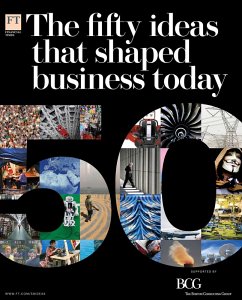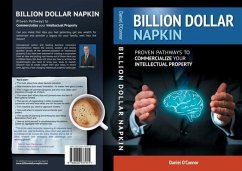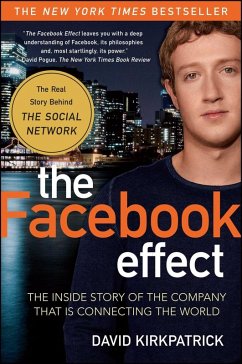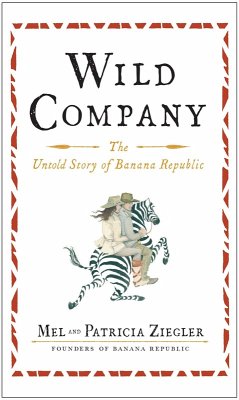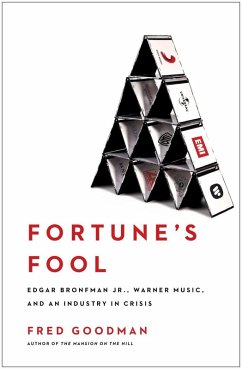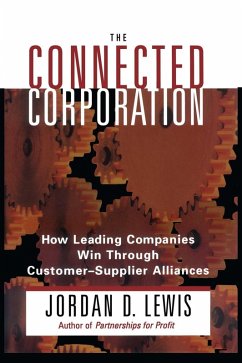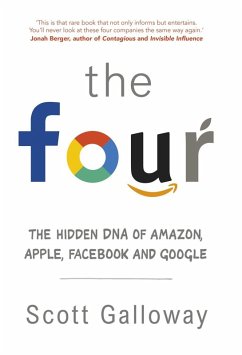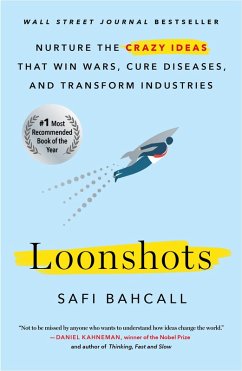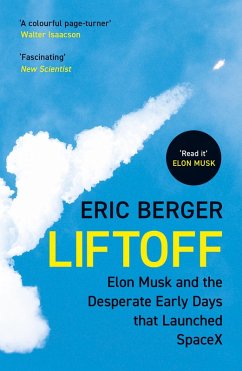
Copies in Seconds (eBook, ePUB)
How a Lone Inventor and an Unknown Company Created the Biggest Communication Breakthrough Since Gutenberg--Chester Carlson and the Birth of the Xerox Machine
Versandkostenfrei!
Sofort per Download lieferbar
15,81 €
inkl. MwSt.
Weitere Ausgaben:

PAYBACK Punkte
0 °P sammeln!
The first plain-paper office copier -- which was introduced in 1960 and has been called the most successful product ever marketed in America -- is unusual among major high-technology inventions in that its central process was conceived by a single person. David Owen's fascinating narrative tells the story of the machine nobody thought we needed but now we can't live without. Chester Carlson grew up in unspeakable poverty, worked his way through junior college and the California Institute of Technology, and made his discovery in solitude in the depths of the Great Depression. He offered his big...
The first plain-paper office copier -- which was introduced in 1960 and has been called the most successful product ever marketed in America -- is unusual among major high-technology inventions in that its central process was conceived by a single person. David Owen's fascinating narrative tells the story of the machine nobody thought we needed but now we can't live without. Chester Carlson grew up in unspeakable poverty, worked his way through junior college and the California Institute of Technology, and made his discovery in solitude in the depths of the Great Depression. He offered his big idea to two dozen major corporations -- among them IBM, RCA, and General Electric -- all of which turned him down. So persistent was this failure of capitalist vision that by the time the Xerox 914 was manufactured by an obscure photographic-supply company in Rochester, New York, Carlson's original patent had expired. Xerography was so unusual and nonintuitive that it conceivably could have been overlooked entirely. Scientists who visited the drafty warehouses where the first machines were built sometimes doubted that Carlson's invention was even theoretically feasible. Drawing on interviews, Xerox company archives, and the private papers of the Carlson family, David Owen has woven together a fascinating and instructive story about persistence, courage, and technological innovation -- a story that has never before been fully told.
Dieser Download kann aus rechtlichen Gründen nur mit Rechnungsadresse in A, B, BG, CY, CZ, D, DK, EW, E, FIN, F, GR, HR, H, I, LT, L, LR, M, NL, PL, P, R, S, SLO, SK ausgeliefert werden.




